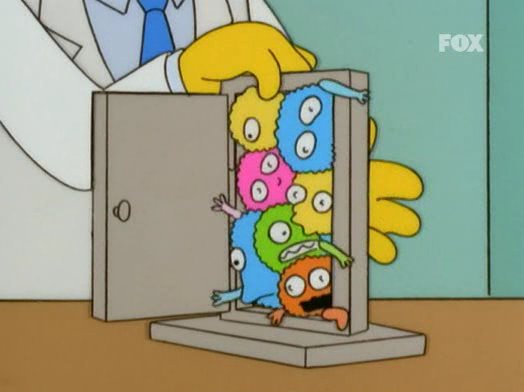I think it's inevitable that liberals would turn on 538 once it started showing them things they don't want to hear. As anyone who remembers 2004's "the undecideds are going to break for Kerry" refrain should recall, unskewing is not limited to the right.
That having been said, there are still things that make me skeptical about his model. Like how a Google Consumer Survey with an absurdly small sample size of 73 was enough to make him predict that Trump would win a record share of the vote for a Republican in DC (polls-only) or very close to the record (polls-plus). His numbers have since come down due to a UPI/CVoter tracking poll. Given that the Republican vote in DC, while never good, experienced a sharp drop in the 1990s from which it has never recovered and Trump is not projected to do anything near a record for Republicans nationally, this is a dubious conclusion. If that's what the polling data shows, so be it, but a Google Consumer Survey of 73 people (which is not a traditional poll) should not be moving the needle that much in a well-designed model. Frankly I wouldn't include such a "poll" at all, but certainly it received too high a weight.
As others have also commented on, the large swings in his win probabilities are also concerning. This could be justified in an election where the polls are super volatile, but they haven't been unusually so this cycle. They are more volatile than 2008 and 2012, but that's more that the polls were more stable than usual those cycles, which in some sense made those elections easy to forecast. It really makes me wonder how his model would've done in 2000, an election where the polls saw frequent and often dramatic swings throughout the cycle (going, for instance, from Gore +11 to Bush +11 in the span of a couple of weeks in October). Nate suggests that a high number of undecided/third party responses is at least somewhat responsible for this. While he has a point, that really calls into question some of those 80-90% win probabilities that he was giving Clinton back in August.
It is true that Silver outperformed Wang in 2014, but Wang outperformed Silver in the primaries and arguably in 2012 as well (it depends on how you choose to evaluate but in any case their performance was pretty similar in 2012). He's also had other misses, such as UK 2010, where his model understated Labour's seat share while overstating the Liberal Democrats and overall basically performing no better than a simple model of averaging all the polls and assuming a uniform swing. I'll give him a pass on UK 2015 given the systematic polling error in that election. Silver's overall forecasting record is pretty good, but it's not perfect either. Maybe his model is outperforming the others, or maybe it's being exposed somewhat this cycle. Either way we should find out in November (though we should expect the various models to converge somewhat).
Really though a lot of the criticism directed at Nate has less to do with his models than with his punditry. During the primaries he was often smug and arrogant in declaring that people were wrong to think that Trump would win the nomination, then he offered a mea culpa after he was wrong, and then went right back to old habits. This is the thing that I dislike the most about Nate. As others have noted, he's in many ways become the very thing he criticized.



